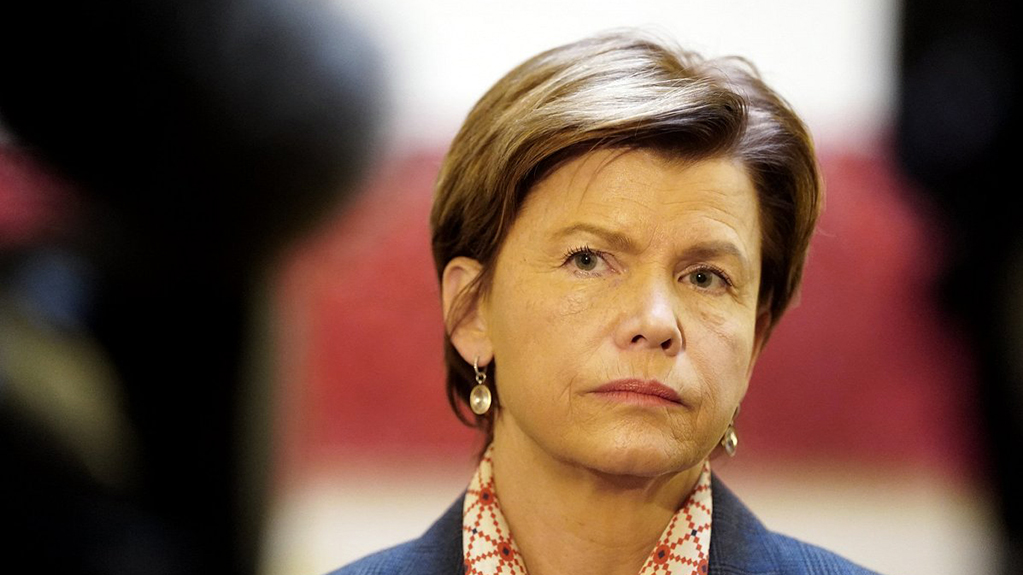"Georgia's candidate status was granted in advance with certain preconditions, and the current leadership of Georgia did not take the expected steps," said Baiba Braze, the Minister of Foreign Affairs of Latvia, in Luxembourg.
News
At the June Foreign Affairs Council, the foreign ministers of the 27 EU countries will discuss the measures they may implement regarding Georgia due to the adoption of the Russian Law.
"Obviously, the priority is not to punish the democratic society of Georgia, but to ensure that the leadership, who made decisions that threaten Georgia's future and its European prospects, truly understand the message that the people of Georgia want to join the European Union. The Georgian government and parliament are slowing this process down," said Braze.
The Foreign Affairs Council is chaired by the EU's High Representative for Foreign Affairs and Security Policy, Josep Borrell. Before the session, he presented a document to the ministers outlining the options for the EU's actions regarding Georgia "in the short and medium term." Borrell noted that in the short term, the termination of support for the European Peace Facility for Georgia, the termination of high-level political contacts, and the suspension of financial support that goes directly to the government are being considered.
Lithuanian Foreign Minister Gabrielius Landsbergis said that the options document does not mention the suspension of Georgia's EU integration, which he believes "should be mentioned."
Finnish Foreign Minister Elina Valtonen stated that Finland is open to measures that specifically target the Georgian government, not the Georgian people. "For example, what we can do is to make it difficult for Georgian officials to travel to Europe. It could mean sanctions; it could also mean a number of measures we can take," Valtonen told reporters.
A decision regarding Georgia is not expected today.















